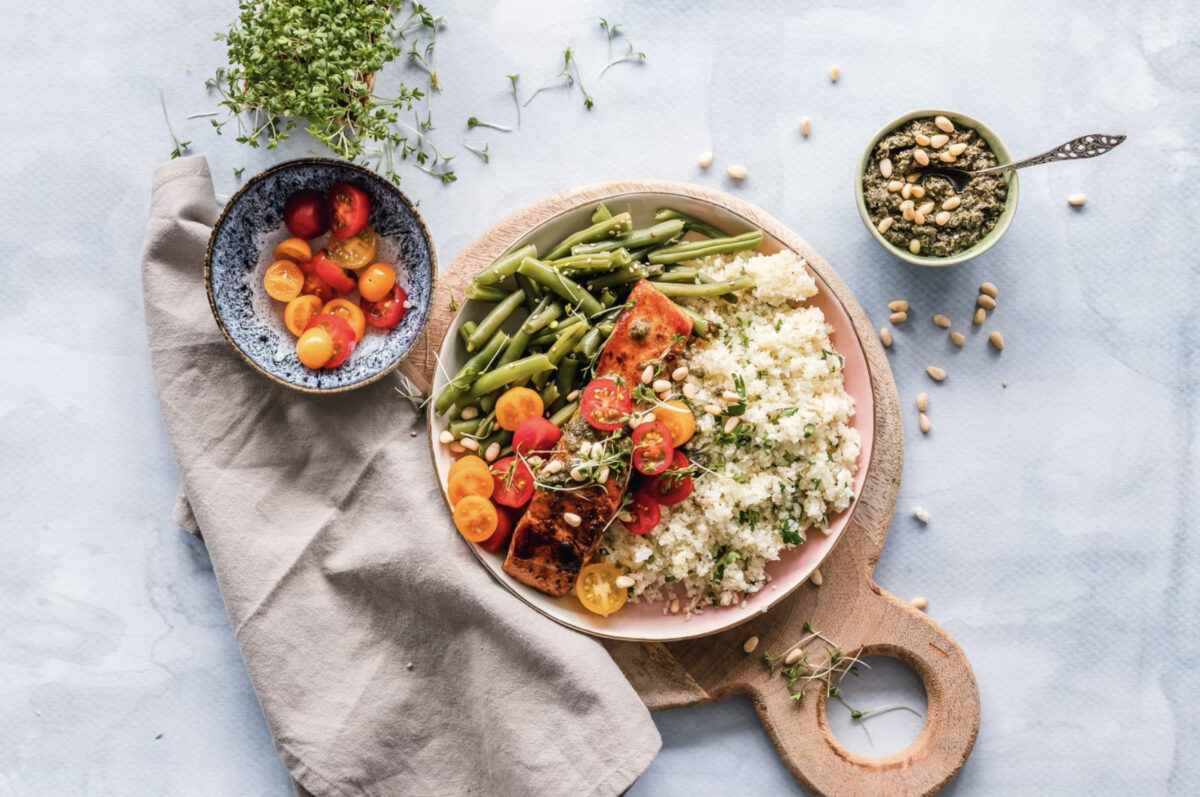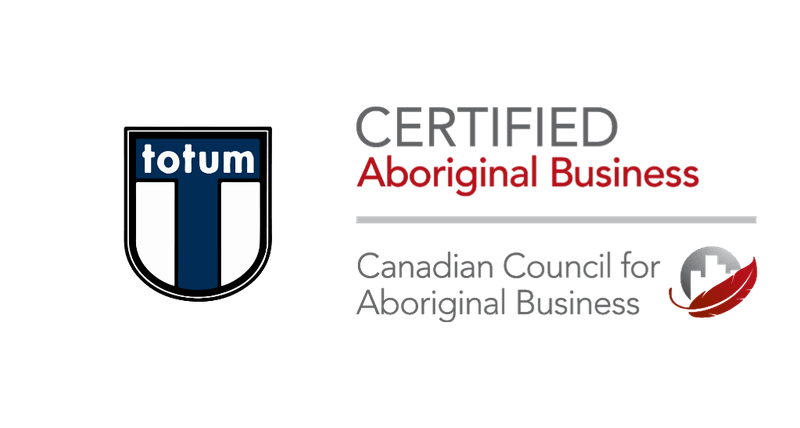Dr. Tamara Kung, ND
Did you know that we produce 10 litres of mucus a day?
That gooey, slimy stuff we cough up, is a lubricant for our food as it makes its way through our digestive tract. As icky as it seems, it has a crucial role. Imagine swallowing a bite of an apple in a mucus-free esophagus, food would stay lodged in there for days! We need mucus.
It’s like living in a house with a sturdy roof that keeps you sheltered, warm, and protected. Now imagine life without a roof, leaving you vulnerable and exposed to harsh elements and triggering pain and suffering.
Why is mucus so important?
Mucus is our protective shield from the caustic elements of digestion (think stomach acid and digestive enzymes), and is our front-line barrier, preventing food particles and the trillions of microbes that live in your gut from passing through into your blood. The health and strength of our mucus layer mean the difference between resilient health and conditions like ulcerative colitis.
How do we produce mucus?
Our intestinal cells secrete some, but a significant amount comes from healthy bacteria (aka your microbiome) as well! The bacteria that produce our protective mucus layer thrive and feed off prebiotic fibers. But less than 3% of us get enough prebiotic fibers daily, finding it a struggle to pack in such fibrous plant foods like lentils, beans, vegetables, fruits, nuts and seeds. Add onto that, when we consider the near-sighted benefits of high fat and low carb diets, paving the way to long-term digestive problems and symptoms related to chronic inflammation.
What destroys mucus?
When there isn’t enough food for our healthy bacteria, they turn to munch on our mucus instead! This leads to the destruction or loss of our mucosal layer inviting digestive dysfunction and body-wide inflammation that can take many forms such as constipation, chronic fatigue, irritable bowel syndrome and disease, as well as other autoimmune conditions.
Even worse, processed foods use emulsifying agents. This is how food chemists prevent the separation of ingredients, so things stay creamy and uniform. Think ice cream, salad dressings, and nut butter which are some of the most common culprits for their emulsifying effects. Emulsifiers like polysorbate 80 and carboxymethylcellulose disrupt mucus-like dishwashing liquid and disperse oily film. It thins and breaks apart the mucus layer, opening holes for bacteria, and harmful proteins to get direct access to our intestinal lining. The best way to avoid emulsifying our protective and precious mucus is to eat Real Food and avoid foods that have more than 5 ingredients, or ingredients you can’t picture in your mind.
A 3 Course Meal for Mucus Building
- Enjoy lentils and beans ¼-½ cup daily, you may need to slowly ramp up the amount as your body regrows bacteria to help you break this down.
- There’s a species of mucus-producing bacteria that thrive off olive oil. So, while there is no fiber in this product, some of the anti-inflammatory benefits of olive oil can be due to this mechanism.
- Matcha green tea contains compounds that provide extra scaffolding for our mucosal layer. It makes mucus thicker, stronger, and more resilient to damage.
We are just scratching the surface of what our incredible microbiome can offer us, so stay tuned as the science continues to unfold better ways to understand the components of health and longevity!
Reference:
Charlotte, A. et al., (2020). Impact of diet and the bacterial microbiome on the mucous barrier and immune disorders. European Journal of Allergy and Clinical Immunology, 76(3), pg 714-734. Retrieved from https://onlinelibrary.wiley.
Paone P, Cani PDMucus barrier, mucins and gut microbiota: the expected slimy partners?Gut 2020;69:2232-2243. Retrieved from https://gut.bmj.com/content/
Annika Braun, MD, et al. (2009). Alterations of phospholipid concentration and species composition of the intestinal mucus barrier in ulcerative colitis: A clue to pathogenesis, Inflammatory Bowel Diseases, Volume 15, Issue 11, 1. Pg 1705–1720. Retrieved from https://doi.org/10.1002/ibd.
Davis, W. (2022). Super Gut: reprogram your microbiome to restore health, lose weight, and turn back the clock. Harper Collins, Toronto CA.


